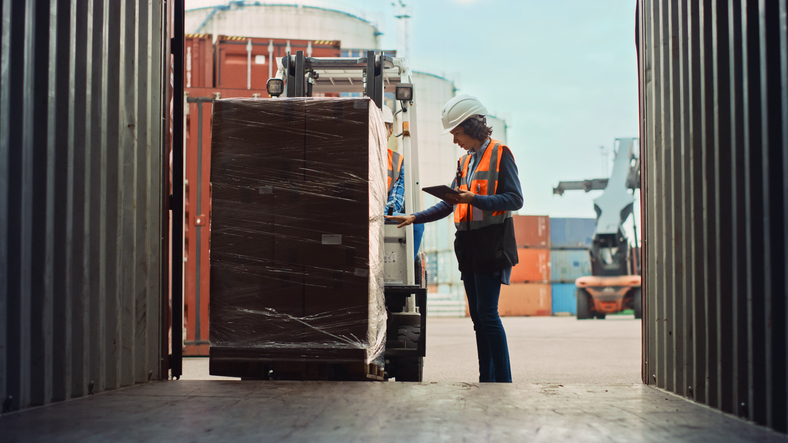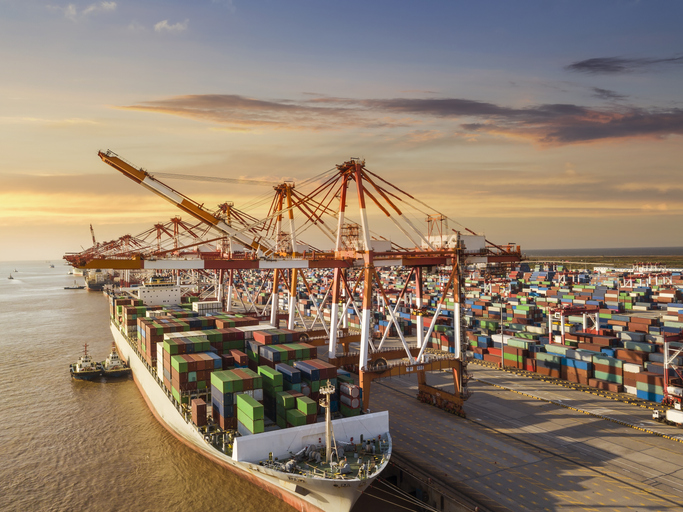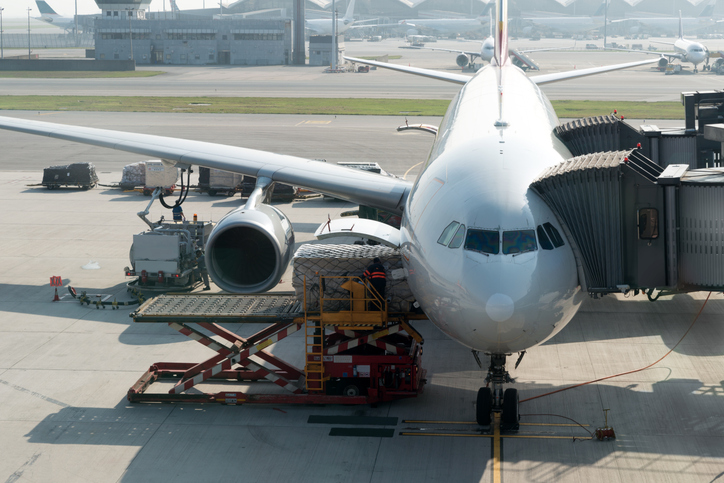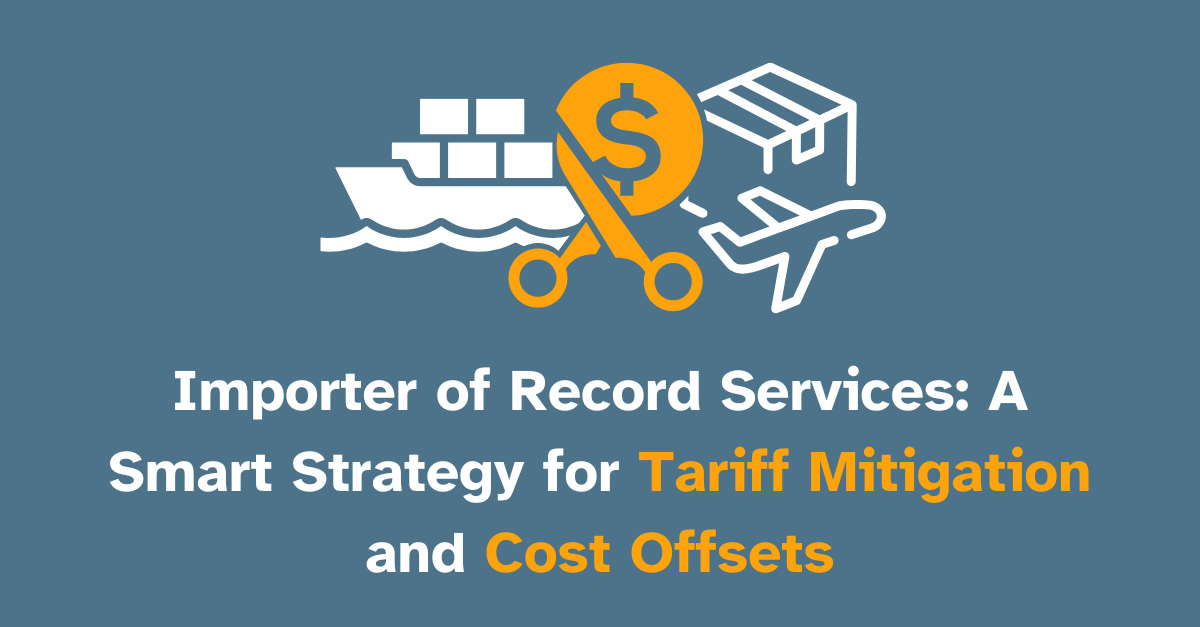
The Weekly Roar
In this week’s Roar: Tariffs and US ports, the drop in diesel prices, the outlook for air cargo, hurting healthcare supply chains, and the importance of an Importer of Record (IOR).
 U.S. container imports from China have dropped sharply due to steep tariffs, especially the 145% China-specific rate. Ports like Los Angeles and Long Beach, which heavily rely on Chinese goods, face major volume losses. China’s share in imports such as electronics, plastics, toys, and furniture is high, and no other sourcing countries can match the lost volume. Analysts are warning the decline will hurt local jobs and port economies. Despite signals that large retailers may resume some sourcing from China, policy uncertainty remains.
U.S. container imports from China have dropped sharply due to steep tariffs, especially the 145% China-specific rate. Ports like Los Angeles and Long Beach, which heavily rely on Chinese goods, face major volume losses. China’s share in imports such as electronics, plastics, toys, and furniture is high, and no other sourcing countries can match the lost volume. Analysts are warning the decline will hurt local jobs and port economies. Despite signals that large retailers may resume some sourcing from China, policy uncertainty remains.
The national average price for diesel fell by 2 cents to $3.514 per gallon as of April 28, 2025, offering some relief to the industry. This marks the third consecutive weekly decrease, totaling a 12.5-cent drop, following a three-week period of increases amounting to 9 cents. The largest regional drop was on the West Coast, excluding California, where prices fell by 3.6 cents a gallon. Diesel now sits at 43.3 cents less than it was at this time in 2024, an almost 11% drop.
The outlook isn’t good for air cargo due to a weaker global economic outlook, tariffs, and the end of the de minimis exemption for China. Trade Data Service has cut air cargo growth forecasts from between 3.5%-7.4% to between -0.1% and 0.7%. After a surge in ecommerce sales ahead of the May 2 de minimis deadline, imports from China and Hong Kong are down 7%, dropping 4 weeks in a row—16% down from this time last year.
Healthcare supply chains are feeling the pain of rising tariffs, dealing with increased costs and heightened risks in sourcing and procurement. Tariffs on critical medical imports, including components and raw materials, have disrupted global supplier networks, leading to longer lead times and inflated prices. As tariffs affect budgets and resource allocation, healthcare providers are struggling to balance cost with quality care. There’s a clear need for strategic sourcing and supply chain resilience, and some are advocating for diversified supplier bases and enhanced risk management practices to help blunt the effect of new trade policies.
Tariffs are pressuring global supply chains, forcing businesses to explore strategies that can help them manage global trade costs. An Importer of Record (IOR) acts as the legal entity responsible for ensuring compliance with local import laws, handling documentation, paying duties and taxes, and customs clearance. This means companies that don’t have a legal presence in a target market can enter the region without establishing local entities. IOR services can reduce the risk of penalties and delays and help identify opportunities for tariff mitigation through trade agreements and duty drawbacks. They are a flexible and cost-effective solution for any business looking to expand globally.
For the rest of the week’s top shipping news, check out the article highlights below.









